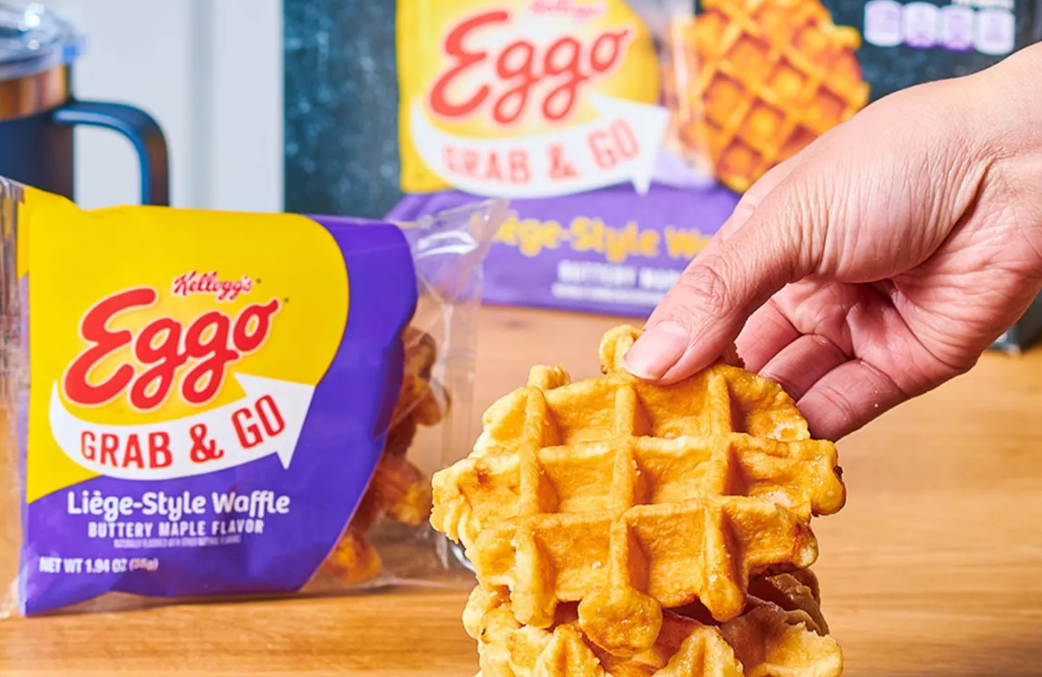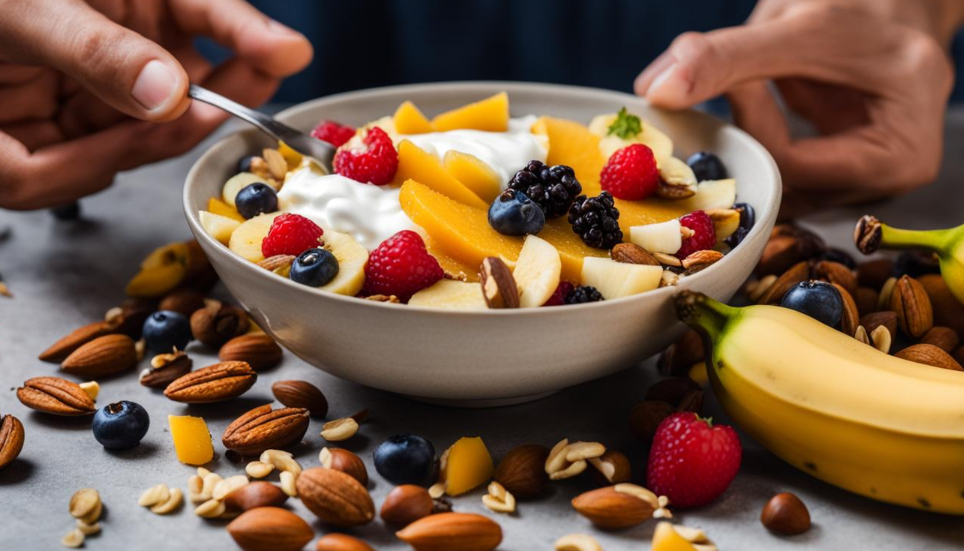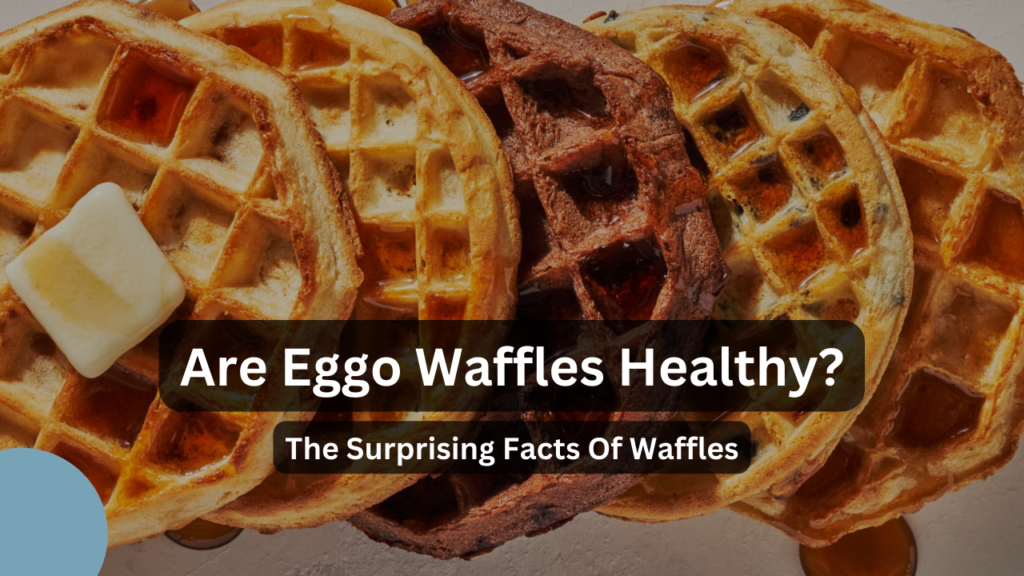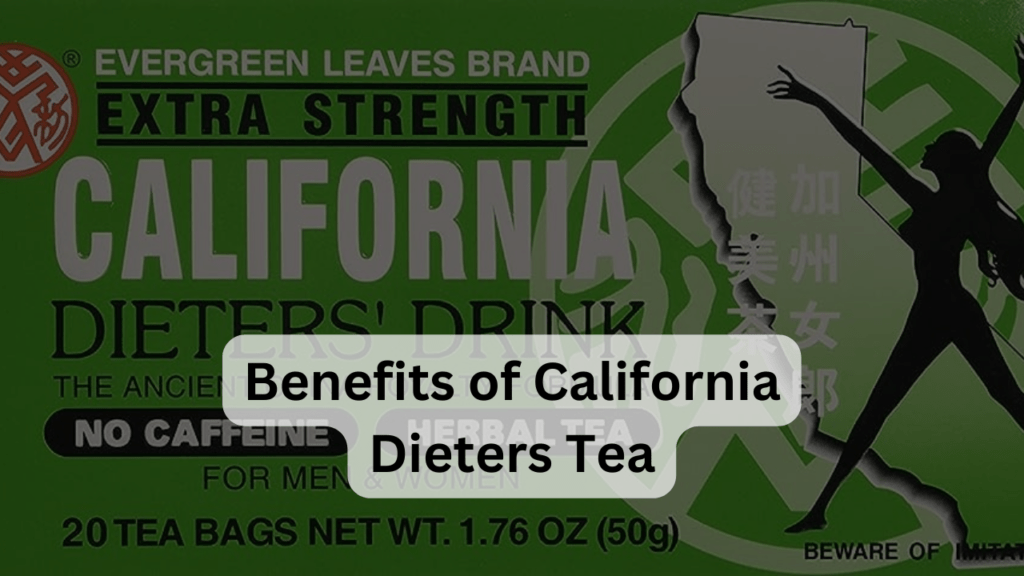Eggo waffles, with their convenient pop-and-go nature and nostalgic charm, have been a breakfast staple for generations. But in the age of health consciousness, a question lingers: Are eggo waffles healthy? The answer, as with most things in nutrition, isn’t a simple yes or no. It depends on several factors, including the specific type of Eggo waffle, your overall dietary needs, and how you prepare and top them.
Explore the nutritional landscape of Eggo waffles, their strengths and weaknesses, and guidance on navigating them within a healthy diet. So, grab a fork (and maybe a healthy topping!), and let’s explore the world of Eggo waffles!
Nutritional Breakdown of Eggo Waffles
To understand the healthfulness of Eggo waffles, we must first dissect their nutritional profile. Here’s a closer look at the key components of a standard serving (two waffles):
- Calories: 180-200 calories
- Fat: 5-6 grams, with around 1 gram of saturated fat
- Carbohydrates: 28-30 grams, with 4-5 grams of sugar (including added sugars)
- Protein: 4-5 grams
- Fiber: Less than 1 gram
- Sodium: 300-350 milligrams
- Micronutrients: Vary depending on the type of Eggo waffle, but many are fortified with vitamins and minerals like iron, calcium, and vitamin B12.
Strengths of Eggo Waffles
Eggo waffles do offer some redeeming qualities from a nutritional standpoint:

- Fortification: Many varieties are fortified with essential vitamins and minerals, potentially contributing to nutrient intake, especially for children.
- Convenience: Frozen waffles offer undeniable convenience, making them a quick and easy breakfast option for busy mornings.
- Portion control: Individual waffles provide pre-portioned servings, helping with calorie and carbohydrate management.
Weaknesses of Eggo Waffles
However, Eggo waffles also have some drawbacks to consider:
- Refined grains: Most Eggo waffles are made with refined wheat flour, which is low in fiber and can lead to blood sugar spikes.
- Added sugar: Some varieties, especially flavored ones, contain added sugars that can contribute to excess sugar intake.
- Sodium: The sodium content can be relatively high, potentially posing a concern for individuals with hypertension or those on sodium-restricted diets.
- Low fiber: The low fiber content can lead to digestive issues and may not provide a feeling of fullness for long.
Eggo Waffle Varieties: Navigating the Options
Eggo offers a diverse range of waffle varieties, each with slightly different nutritional profiles. Here’s a quick guide to help you make informed choices:
- Homestyle Waffles: The classic option, offering the lowest sugar content but also the least fiber.
- Nutri-Grain Whole Wheat Waffles: A healthier alternative with whole wheat flour and slightly more fiber, but still containing added sugars.
- Thick & Fluffy Waffles: Higher in calories and fat, with added sugars and refined flour.
- Protein Waffles: Boasting higher protein content but also containing more saturated fat and artificial ingredients.
- Specialty Waffles: Flavored varieties like Buttermilk and Cinnamon Toast often contain the highest amounts of added sugars.
Making Eggo Waffles Healthier
Even with their limitations, Eggo waffles can be incorporated into a balanced diet with some mindful tweaks:
- Pair with protein and fiber: Top your waffles with protein-rich options like Greek yogurt, nut butter, or eggs, and fiber-rich fruits like berries or sliced apples.
- Choose healthier varieties: Opt for whole-wheat or protein-based Eggo options whenever possible.
- Limit added sugars: Skip the syrups and sugary toppings, and instead drizzle with a touch of honey or maple syrup, or use fresh fruit as a natural sweetener.
- Control portion sizes: Stick to one serving of waffles and pair them with other healthy breakfast components.
- Bake instead of toast: Baking Eggo waffles can lead to a slightly crispier texture with reduced fat content compared to toasting.
Beyond Eggo: Exploring Healthier Waffle Alternatives
While Eggo waffles may hold a sentimental place in our breakfast routines, venturing beyond their golden squares opens up a world of healthier, nutrient-packed waffle options. Here are some delicious alternatives to consider:

Whole-Wheat Waffles
Ditch the refined grains and embrace the goodness of whole grains. Look for waffles made with whole wheat flour, oat flour, or even buckwheat flour for a boost of fiber and complex carbohydrates that will keep you feeling full and energized throughout the morning. Pair them with berries, a dollop of Greek yogurt, and a sprinkle of nuts for a complete breakfast powerhouse.
Greek Yogurt Pancakes
Skip the waffle iron altogether and turn to protein-rich Greek yogurt pancakes. Simply mix Greek yogurt with whole-wheat flour, an egg, and a touch of baking powder, and cook on a griddle for fluffy, protein-packed pancakes that satisfy your breakfast cravings without the added sugar and refined grains. Top them with fresh fruit, cinnamon, or a drizzle of honey for a delightful and nutritious treat.
Overnight Oats
Embrace the beauty of overnight oats – a make-ahead breakfast champion. Soak rolled oats in milk (dairy or plant-based) overnight with your favorite fruits, nuts, and spices. In the morning, you’ll have a cold, creamy, and satisfying breakfast ready to go. This option is incredibly customizable, allowing you to tailor it to your dietary preferences and flavor desires.
Chia Seed Pudding
Another convenient and healthy option, chia seed pudding offers a burst of fiber and omega-3 fatty acids. Simply combine chia seeds with liquid like milk, almond milk, or even coconut water, and let it sit overnight for a pudding-like consistency. Top it with fresh fruit, granola, or nut butter for a delicious and nutritious breakfast on the go.
Smoothie Bowls
Blend your way to a healthy breakfast with smoothie bowls. Combine your favorite fruits, greens, yogurt, and protein powder for a nutrient-packed smoothie base. Pour it into a bowl and top with granola, nuts, seeds, and additional fresh fruit for a vibrant and satisfying breakfast that nourishes your body and delights your taste buds.
Remember, breakfast is the foundation of your day, so choose wisely! Opting for healthier waffle alternatives and exploring other nutrient-rich breakfast options can help you fuel your body for optimal performance and well-being. While an occasional Eggo waffle may not hurt, prioritizing whole grains, fiber, and protein will set you up for a successful and healthy day.
Additional Tips for a Healthy Breakfast

- Hydrate: Start your day with a glass of water to rehydrate after overnight sleep.
- Limit added sugars: Avoid sugary breakfast pastries and cereals laden with added sugars. Choose natural sweeteners like fruit or honey in moderation.
- Incorporate protein: Include protein sources like eggs, Greek yogurt, nuts, or nut butter in your breakfast to stay satiated and manage blood sugar levels.
- Make it colorful: Include a variety of fruits and vegetables in your breakfast for a boost of vitamins, minerals, and antioxidants.
- Listen to your body: Pay attention to hunger cues and eat until you feel comfortably satisfied, avoiding overeating.
By making mindful choices and exploring healthier breakfast options, you can embrace a delicious and nutritious start to your day, setting the tone for a healthy and vibrant life.
Resources & References
- Academy of Nutrition and Dietetics: https://www.eatright.org/
- Harvard School of Public Health: https://www.hsph.harvard.edu/
- American Heart Association: https://www.heart.org/
- The Mayo Clinic: https://www.mayoclinic.org/
Note: This article is for informational purposes only and should not be construed as medical advice. Please consult with your healthcare provider for personalized dietary recommendations.
FAQs about Eggo Waffles and Health
Are Eggo waffles healthy at all?
Eggo waffles can be part of a healthy diet in moderation, but their healthfulness depends on the specific type and your overall dietary needs. Regular Eggo waffles are often made with refined grains, low in fiber, and may contain added sugars. Opting for whole-wheat or protein-based varieties and pairing them with protein and fiber-rich toppings can make them a more balanced breakfast.
Which Eggo waffles are the healthiest?
Whole-wheat and protein-based Eggo waffle varieties offer better nutritional profiles than standard options. Look for waffles made with whole grains like whole wheat flour or oat flour, and those higher in protein content. However, even these healthier versions may still contain some added sugars, so be mindful of portion sizes and toppings.
Can I eat Eggo waffles if I’m trying to lose weight?
Yes, you can occasionally enjoy Eggo waffles as part of a weight-loss plan. Opt for smaller portions, choose healthier varieties, and pair them with protein and fiber-rich toppings to keep you feeling full and satisfied. Additionally, consider exploring other healthier waffle alternatives like whole-wheat pancakes or overnight oats.
What are some healthy toppings for Eggo waffles?
Top your Eggo waffles with nutrient-rich options like Greek yogurt, nut butter, sliced berries, fresh fruit, or chopped nuts. These toppings add protein, fiber, and healthy fats to create a more balanced and satiating breakfast. Avoid sugary syrups and toppings loaded with added sugars.
Can I make Eggo waffles healthier?
Absolutely! You can bake them instead of toasting them to reduce their fat content. Additionally, try adding protein powder or mashed banana to the batter for added nutrients. Experiment with different whole-wheat flours and natural sweeteners like honey or maple syrup in moderation.
Are there healthier alternatives to Eggo waffles?
Yes, there are many delicious and nutritious alternatives to Eggo waffles. Consider making homemade whole-wheat waffles, protein pancakes, overnight oats, chia seed pudding, or smoothie bowls. These options offer higher fiber and protein content and can be easily customized to suit your taste preferences and dietary needs.


